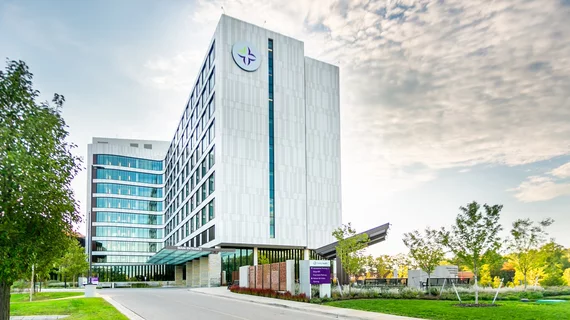Radiology vendor Visage Imaging scores $210M deal with large hospital system
Radiology vendor Visage Imaging has scored a $210 million (USD), 10-year contract with a large U.S. health system.
The deal is with Trinity Health, which encompasses 93 hospitals spanning 26 states. As part of the pact, the nonprofit will implement the Visage 7 Enterprise Imaging Platform as it seeks to unify image exchange across the vast organization.
Visage will handle migration from the nine previous legacy picture archiving and communication systems to its open-archive offering. Leaders plan to begin the phased process around the third quarter of 2025.
“Trinity Health is our largest customer to date and the first with a national footprint,” Sam Hupert, MBBS, CEO of Visage parent company Pro Medicus, which is based in Australia, said in a statement. “Our initiative with Trinity Health is noteworthy for its scope and scale, which will see the Visage 7 platform used by over 650 Radiologists and thousands of clinicians…”
The health system—which also has 107 continuing care locations and 142 urgent care centers—is opting to use a fully cloud-based image exchange approach. Visage also plans to provide enterprise distribution of images integrated into Livonia, Michigan-based Trinity Health’s electronic health record.

